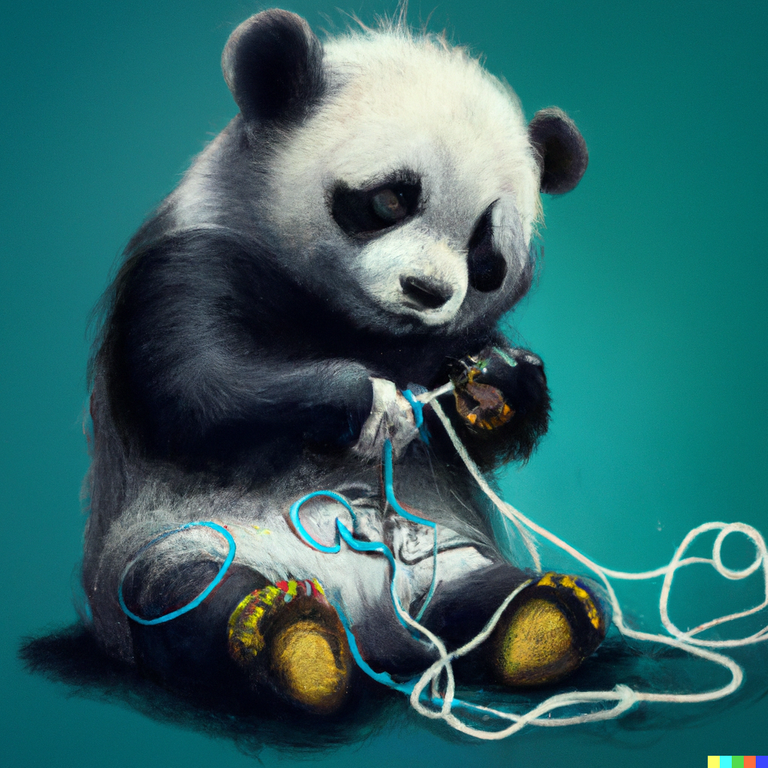When It Comes to NFTs Do You Really Own Anything?

Despite the hype bubble well and truly bursting on NFTs, which I talk about here, it poses a bigger question surrounding NFTs I don't see discussed that often.
With NFTs, what do you really own?
I understand the basic premise. An NFT is a token that lives on a blockchain (most commonly Ethereum), and its ownership is tied to you. It's a bunch of metadata containing detailed data about your NFT.
We understand the technical side, but what about NFT assets? You know, digital apes and other forms of artwork sold as NFTs. Usually, that image, video or audio file doesn't live on the blockchain, which poses a bigger problem.
An NFT is a digital certificate of ownership, but the thing that you own, in most cases, does not live on the blockchain. Usually, you might get a protected link to your asset, but what happens when that link disappears? You've got the certificate but not the item.
And here is where things get even trickier. That asset you purchased you most likely do not have true ownership over it because of copyright. Unless the seller specifically stated copyright of your purchase is transferred to you upon purchase (and it's in writing and signed), you don't own the rights to that piece of content.
It's like buying an MP3 from iTunes, you own that MP3 file, but you don't own the copyright. You're granted a limited licence.
There are examples of NFTs where buyers are granted rights to use their purchase commercially outside of standard copyright law. CryptoKitties NFTs allow their owners to make up to $100,000 USD in gross revenue each year. Musical artists tend to only grant personal use when it comes to music, like what Kings of Leon did with their NFT release.
While I believe in the future of NFTs, my belief is outside of speculation and more of their utility.